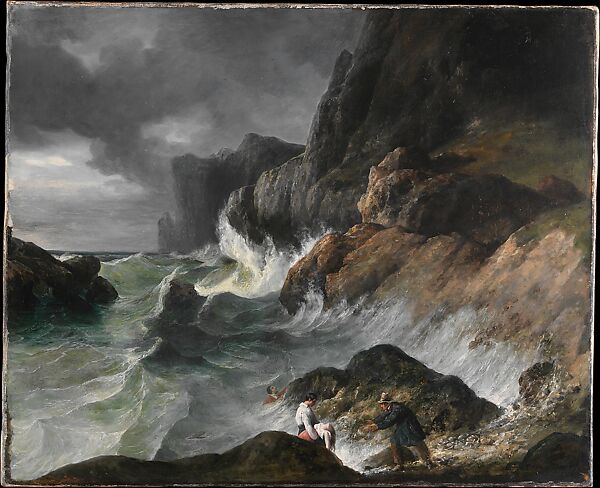
According to Francis Tovey (musicologist), the term "fantasia" covers all the post-classical "concerto" forms.
Fantasy (fantasy or fancy) is a term that has functioned expressively throughout the history of orchestral music as an auditory manifesto, which ultimately prefers the element of "imagination" to "common structures." In fact, in the aesthetic aspect of this movement; it can be considered as a linguistic form of instrumental music with both in confronting the ruling formal aesthetic system and free sky to take an opportunity for the free flight of the "imagination."
This term (fantasia) was mentioned for the first time during the 16th century, specifically in music, which can be seen in manuscripts related to keyboard instruments; In Germany it is related to printed tables before 1520 and in Spain, Italy and France it lasts until 1536.
Although it had a late fruition in England "during Henry Purcell's time" but reched to significant position of social status of purely instrumental music.(in both of classical and romantic era)
Additionally it's obvious that how the concept of self-conscious break from the ideals of the "Age of Enlightenment" [1] (or, also known as the"Age of Reason") had been clearly influenced to define themselves. Therefore, fantasy retained its importance as a kind of "imaginative balance".
Proof of this; J.S. Bach's Chromatic fantasias, appear as an unpredictable rebellion and capriciousness method were illustrated a quality of changing mood or behaviour suddenly and unexpectedly that is released in an explosive flight and then calms down.
Additionally, Mozart's piano fantasias, clearly stands out as a free-spirited counterpart to his passionate but balanced sonatas.
When you reaching out to Beethoven in this historical passagea and encounter to his definition of the concept of "freedom" , you can witness of the situation that is no longer going to endure only in the envelope of titles like "Fantasia", because in this case , he will be the flag bearer of the movement that calls romanticism; (Romanticism was characterized by its emphasis on emotion and individualism as well as glorification of the past and nature, preferring the medieval over the classical). it shoud be noted that his bold but disciplined choral fantasy, as well as Sonata No. 14 (op. 21), which is popularly known as "Moonlight" and musically "quasi una fantasia", can be consider as examples of this issue.
However, it was Schubert's "Wanderer" fantasy that opened new windows for the romantics; A wide fantasy with a reflection of sonata forms, fugue, colorful variations and...
Leaving aside Schumann's magnificent fantasias and Liszt's one-movement sonata, this historical aesthrtic situation has a detailed story.
Overall, it is irrefutable that some expressive phenomena such as "fantasy" are usually stories that will be creat after an exhausting challenge with the concept of "form".
.................................................................................................................................................................................................................
[1]:was an intellectual and philosophical movement that occurred in Europe, especially Western Europe, in the 17th and 18th centuries, with global influences and effects
